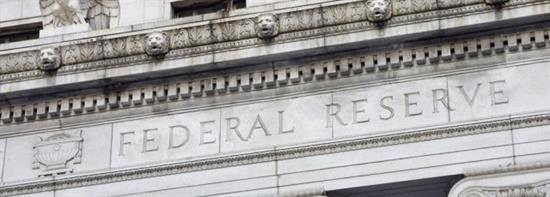Subcommittee Examines Ways to Reform the Federal Reserve
Washington,
January 10, 2018
The Subcommittee on Monetary Policy and Trade met today to further examine proposals to reform the Federal Reserve. Proposals reviewed include:
“Almost a decade after the Great Recession, returning to a more reliable monetary policy is long overdue,” said Subcommittee Chairman Andy Barr (R-KY). “Today the Subcommittee considered important legislative proposals to improve the rules-of-the-game for both our monetary policy makers and Congressional overseers. These reforms provide for a monetary policy that is better informed about economic conditions throughout our country, while focusing the Federal Reserve on what it alone can do.” Topline Quotes from Witnesses “Good monetary policy helps Main Street America—its workers, retirees, and savers—by ensuring that the economy does not stall due to an insufficient supply of money, or overheat due to an excessive supply of money. To accomplish this task, the Federal Reserve needs to conduct its business in a neutral fashion, and be as transparent as possible to remain accountable to the public through their elected representatives. Congress can implement many reforms to improve transparency and accountability at the central bank.” -- Dr. Norbert J. Michel, Director, Center for Data Analysis, The Heritage Foundation “The proposals under consideration today are all parts of a timely and fundamental review of America’s central bank. As Congressman Huizenga has rightly said, ‘With the Federal Reserve having more power and responsibility than ever before, it is imperative the Fed…become more transparent and accountable.’… The Federal Reserve without question needs to be accountable to the Congress, be subject to appropriate check and balances, and be understood in the context of inherent financial and economic uncertainty. It would benefit from rebalancing of centralized vs. federal elements in its internal structures.” -- Alex J. Pollock, Distinguished Senior Fellow, R Street Institute “Until or unless the Fed’s use of interest payments on banks’ reserve balances can be confined as described—as long, in other words, as adjustments to those payments continue to serve as an important determinant of the Fed’s monetary policy stance—the power to make those adjustments should rest solely with the FOMC, where it clearly belongs.” -- Dr. George Selgin, Senior Fellow and Director, Center for Monetary and Financial Alternatives, The Cato Institute |


